ASUTIL takes action on Mercosur border store threat
ASUTIL is set to hold meetings with the Uruguayan and Brazilian governments this week about proposed new Mercosur land border store regulations, which aim to harmonize duty free allowances on the border between the countries in the trade bloc (Argentina, Brazil, Paraguay and Uruguay).
As it currently stands, the draft regulations would not allow certain product categories to be sold in such stores – including tobacco products/cigarettes, textiles and shoes (except running shoes and flip flops), and large electronic appliances.
Speaking in a webinar session for the trade media on February 8, ASUTIL Secretary General Jose Luis Donagaray said the trade association was taking action to resolve the issue and had written a letter to each government setting out its position.
“On the one side, it is good and positive that they recognize the importance of duty free on the border to employment and the regional economy, but they want to put restrictions on sales,” he said. “So, on the other side, it sets a bad precedent for something they could do in the future. We want to continue selling what we’ve sold all the time in the shops.”
He continued: “The harmonization of allowances on the border is a step forward, but we have to work with the governments. I’m confident, and I believe we can turn it our way.”
The draft regulations are expected to come into force in April.
Meanwhile, in March, the new legislation allowing border stores in Brazil comes into effect, which will see the opening of new stores. That means the proposed Mercosur regulations are having a “direct and real impact now”, he noted.
He said no border stores had yet opened in Brazil, but he expected several small stores to begin trading by the end of March.
Summit of the Americas 2019 update
Turning to the Summit of the Americas, which will be jointly organized by ASUTIL and IAADFS from March 24-27 in a new location at the Hyatt Regency Orlando, Donagaray said attendees would be given “added value” with the executive conference sessions, to be held on the Monday, Tuesday and Wednesday.
On Monday, opening speakers include ASUTIL President Gustavo Fagundes and IAADFS Chairman Erasmo Orillac.
In particular, Donagaray highlighted Monday’s panel session featuring top executives from L’Oreal, JTI, Brown-Forman and Dufry Americas. This would focus on industry trends and the vision for the future, while the subjects of Chinese tourism and millennials would be tackled by expert speakers Barbara Wold and Peter Mohn on Tuesday.
On Wednesday, the Copa Airlines CEO Pedro Heilbron will speak about how he sees the evolution of Latin America, while the closing session will feature Carlos Melconian, who would be speaking on the economic trends in South America and the US.
Donagaray said that a lot of buyers had registered for the networking sessions. According to a buyer list shared by ASUTIL, operators that have already confirmed their attendance include big names such as DFS, DFASS, Dufry, Motta International, Carisam, Aer Rianta International, Dubai Duty Free, International Shoppes, Zeinal, Neutral, Sineriz, and Stellar Partners.
To boost attendance, ASUTIL is working with a lot of the new Brazilian border store operators, with information about the Summit being distributed in Portuguese. “We expect a lot of new delegates from potential border stores in Brazil,” he said.
A delegation from the National Union of State Deputies of Brazil will also be attending to learn more about the business, said Donagaray.
“We’re doing a good job and we expect good numbers, even though it was tough last year in Brazil and Argentina.”
Sales tumble 25% in 2018
Duty free sales across the South American region fell by 25% last year compared to 2017 due to the currency devaluations in Brazil and Argentina that beset the industry, Donagaray revealed.
However, Donagaray said he looked forward a stable year for the region in 2019, as industry investment continues. He cited the examples of new duty free areas in Panama and the upcoming border store openings in Brazil.
“Last year, the first four months were good [for the industry], but afterwards it was a disaster,” he said, referring to the currency devaluations in Brazil and Argentina. “We need to recover more and we need exchange rate stability.”
He added that the economies in both Brazil and Argentina were now improving, and the currency situation in Brazil was stable. He said the Venezuelan crisis would not impact the duty free business.
Other industry issues ASUTIL is tackling this year include new food and chocolate labeling regulations in Chile and new legislation on plastic bags in Uruguay.


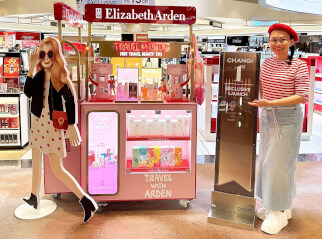
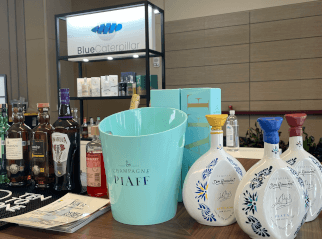
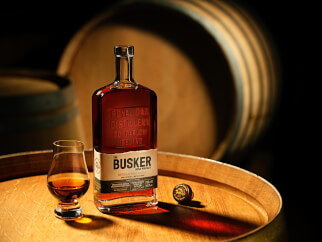
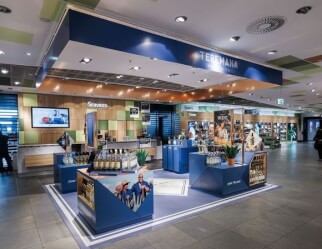
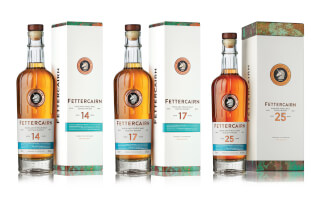
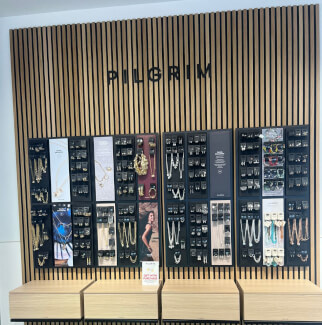
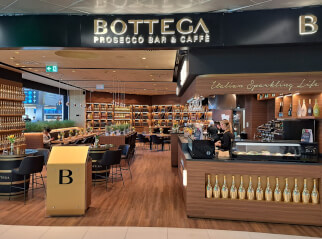
.jpg?&resize.width=322&resize.height=483)
